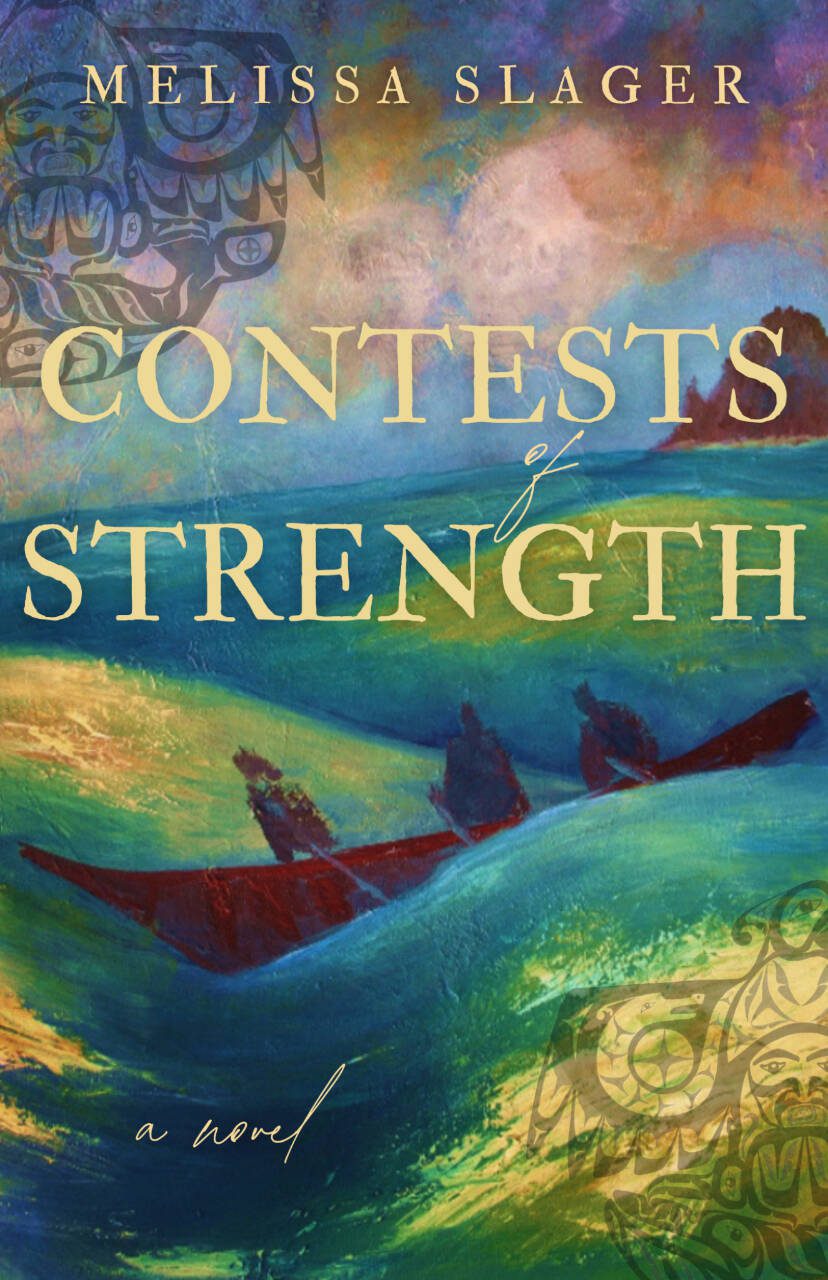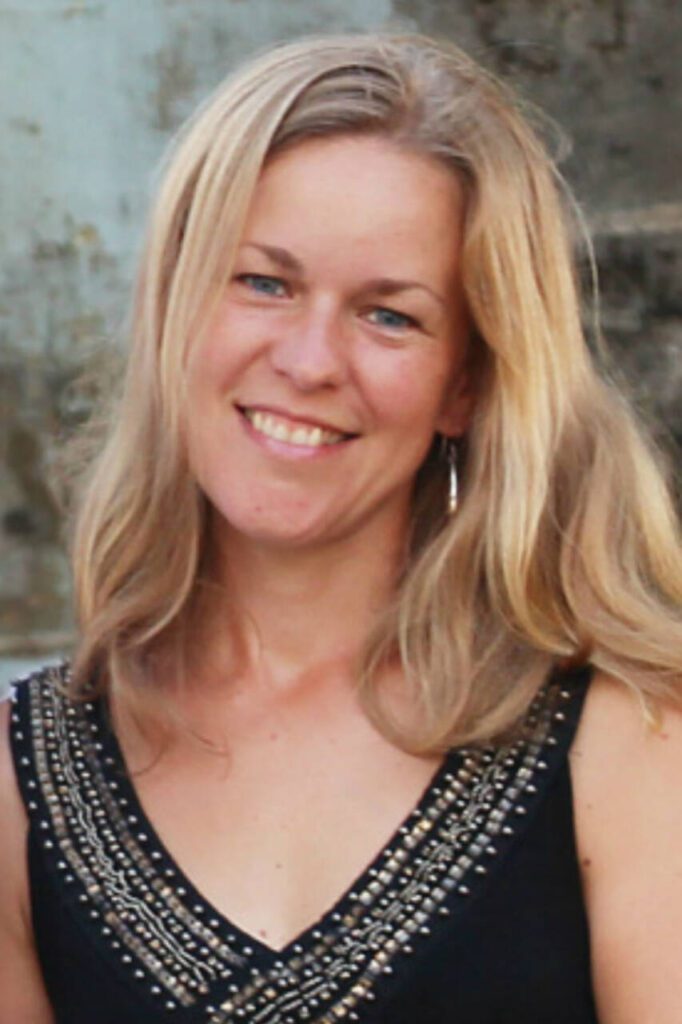EVERETT — It was pitch black. I pulled over on the winding road and got out of the car. It was quiet, the sea distantly shushing through the trees. With no light pollution, stars blanketed the sky — the reason I just “had to” stop.
With a sight like that, you need to stand and look at existence awhile.
By that point, I had been away from my family without cellphone coverage since early morning and was long overdue based on my (naive) estimate of when I’d return. It was my first trip to Neah Bay, at the far northwest tip of the Olympic Peninsula. I made the long one-day drive to witness Makah Days. After watching dances late into the night, I finally headed home.
I would get lost in the dark. I would miss all the ferries. I would later learn my husband, his many calls going unanswered, worried I was dead.
It’s one of the earliest and most memorable moments on my 14-year journey of bringing my historical novel “Contests of Strength” to publication. And looking back, it’s one of the most instructive. My husband remains a key reason I ever finished the book (many trips away from our two toddlers would be needed and lots of dipping into savings). Even more, there are still moments that grab me and force me to stop what I’m doing (talking, writing) and just listen.
The more I know, the more I realize how little I know.
The book takes place in 1699-1700, including the Cascadia subduction zone earthquake and tsunami of Jan. 26, 1700. The story is set in traditional Makah lands and waters on the far northwest coast of Washington.
After reading then-Herald columnist Julie Muhlstein’s 2011 piece about the anniversary of the natural disaster, I was hooked — I had to write a book about this. When I quit The Herald at the end of 2018, it was in large part to focus on finishing this project.
“Contests of Strength” tells the story of a warrior who resists his whaler’s calling and a slave who clings to her noble past. They struggle to truly listen — to their elders, to their friends, to the warning signs building around them — and as a result face deadly consequences. The biggest danger may come on a winter’s night in 1700, when the earth violently shakes, sending a wall of water toward their village. To survive, they’ll need to tap forces far greater than themselves — the same ones they’ve been avoiding.
A lot has gone into “Contests of Strength,” which was released May 20. Piles of research papers. Stacks of books. Pages of interviews. And a year’s worth of college-level courses to study the Makah language.
But the book would truly not be here without the support of several Makah individuals who gave of their time and knowledge over the years. I’m grateful, and I hope I’ve listened well.
As the Makah get ready to once again exercise their treaty right to hunt whales — and as the threat of the next Big One looms along the Cascadia subduction zone — my hope is that this book helps readers learn to listen.
To tribal members, about the importance of the hunt to their culture.
To scientists, about how to prepare for the next tsunami.
To all those voices, often quiet, that surround us every day, asking to be heard if we’ll just make ourselves small enough to listen.
Melissa Slager is a former Daily Herald reporter and Street Smarts columnist.
If you go
“Contests of Strength” was released Tuesday.
A book launch event is 4-7:30 p.m. Friday at Artisans Books & Coffee, 1802 Hewitt Ave., Everett, with conversation and book signings. A short presentation followed by a Q&A is at 6:30 p.m.
This list price is $19.95 or $7.99 for the e-book.
More information: melissaslager.com
Sound & Summit
This article is featured in the summer issue of Sound & Summit, a supplement of The Daily Herald. Explore Snohomish and Island counties with each quarterly magazine. Subscribe to receive all four editions for $18 per year. Call 425-339-3200 or go to soundsummitmagazine.com for more information.
Talk to us
> Give us your news tips.
> Send us a letter to the editor.
> More Herald contact information.


























